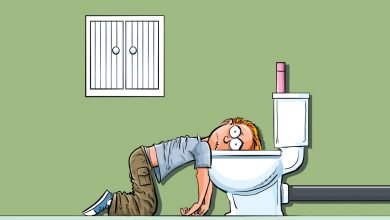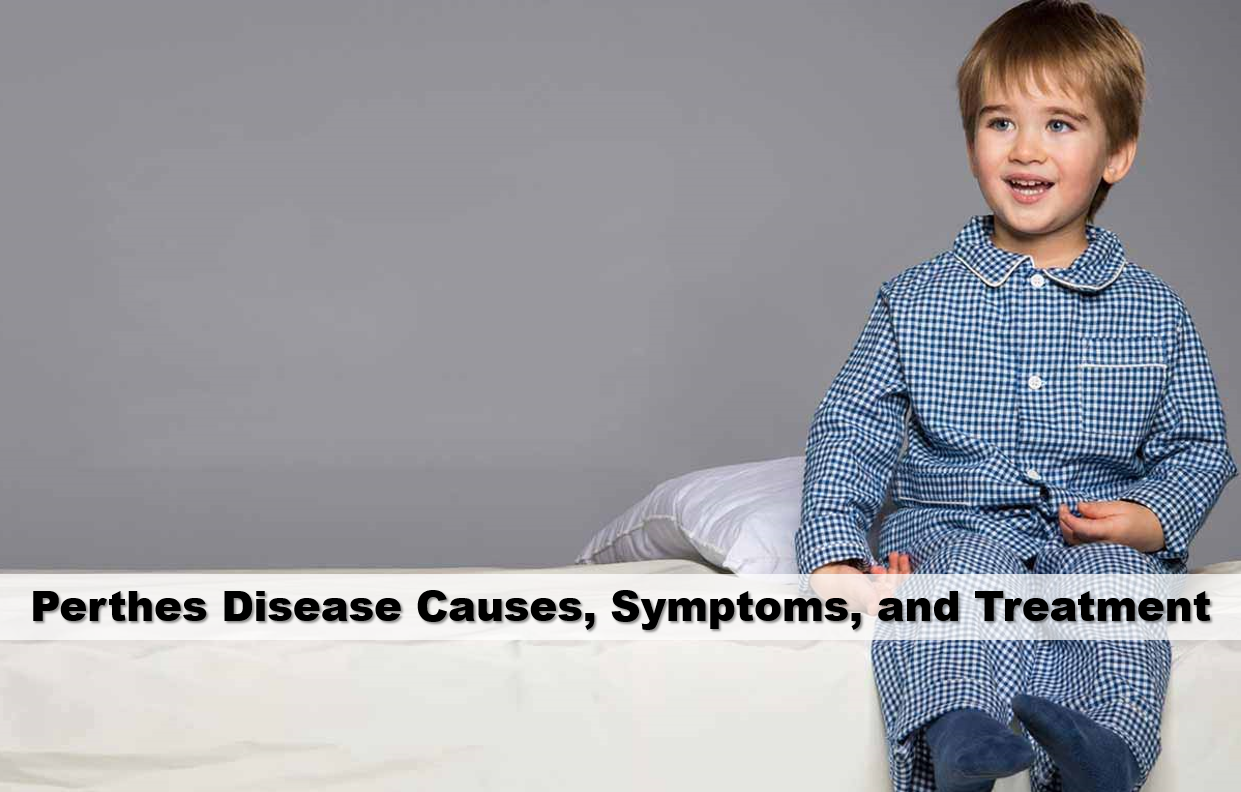Anemia Causes, Symptoms, and Treatment
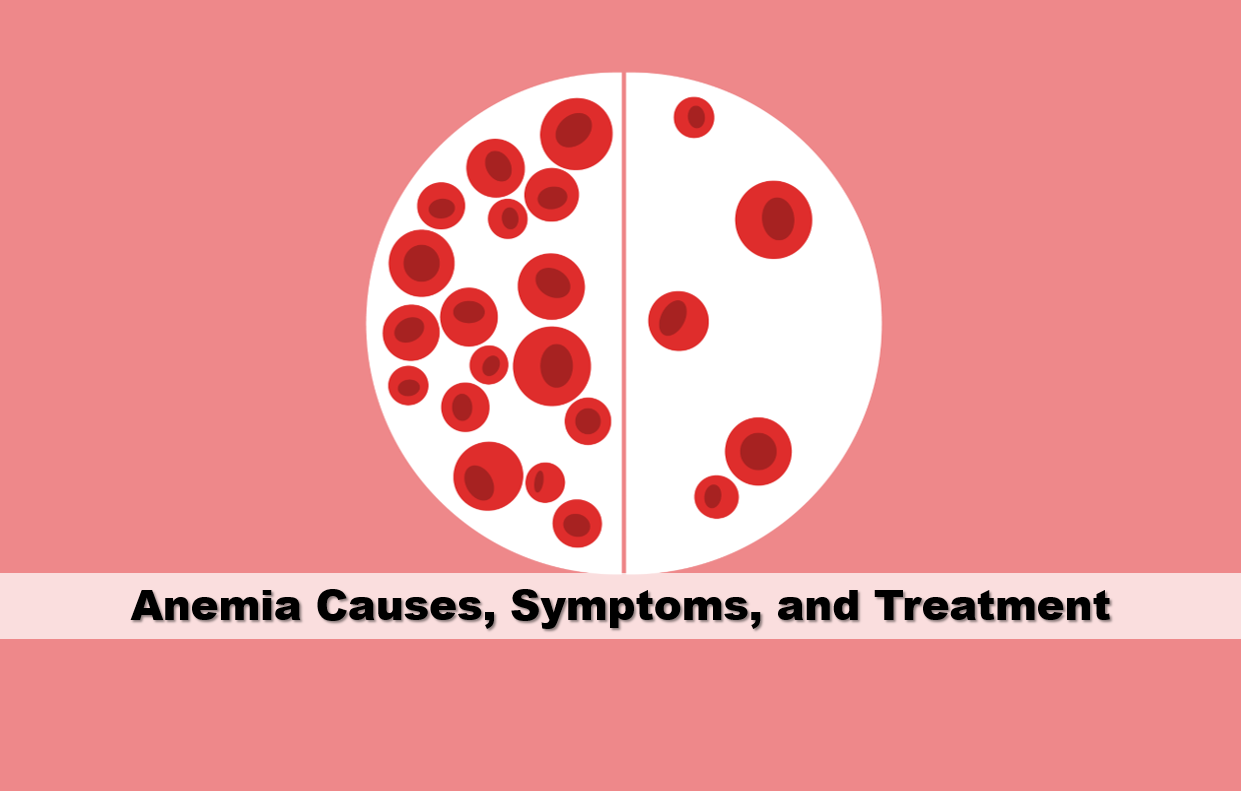
What is the main cause of anemia? Can anemia be cured? Anemia occurs when the body does not have enough healthy red blood cells to carry sufficient oxygen to organs and tissues, and when there is a decrease in the number of red blood cells in circulation. It usually occurs, when the ability of the body to produce healthy red blood cells is affected, or abnormally increased red blood cell destruction or loss due to other diseases. Anemia affects approximately 24.8% of the world’s population. Preschool children are at the highest risk, and it is estimated that 47% of the world’s anemia develops in this age group. Here, we will explain anemia causes, symptoms, and treatment in the text below
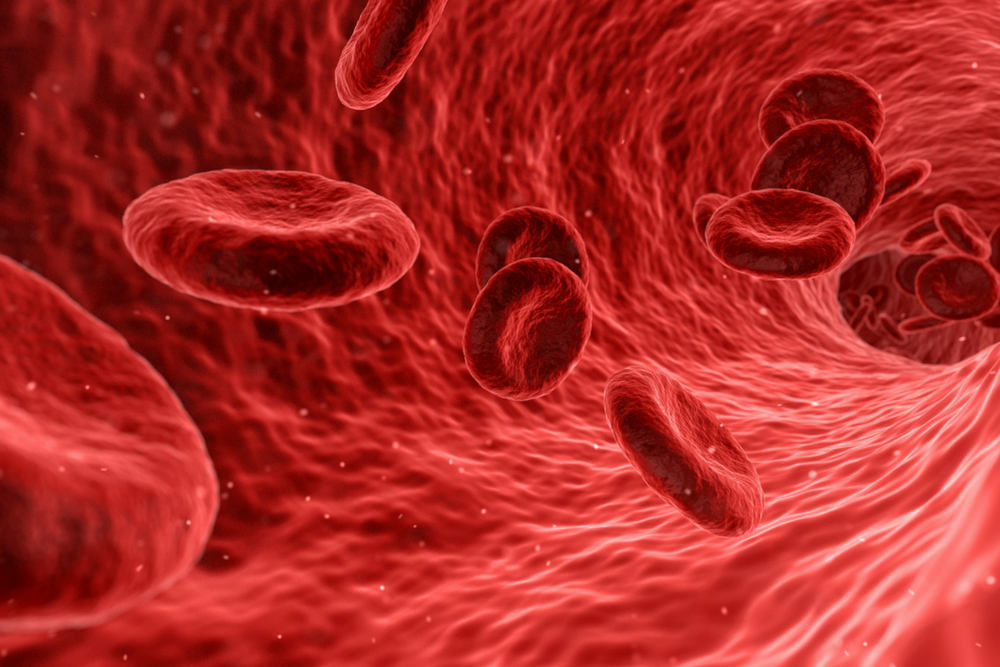
What Is Anemia?
It occurs, when there are not enough healthy red blood cells or hemoglobin in the blood. Hemoglobin is the molecule in the red blood cells and responsible for the transport of oxygen. If there are very few or abnormal red blood cells in the body, the structure of the hemoglobin is abnormal, or low in quantity, symptoms of anemia occur. Anemia symptoms such as fatigue and weakness develop as a result of insufficient oxygen delivery to body tissues.
|Iron Deficiency Anemia Treatment In Infants|
Anemia Causes
The body needs red blood cells to survive. The structure of red blood cells contains hemoglobin, a complex protein containing iron molecules. Hemoglobin molecules carry oxygen from the lungs to the rest of the body. Anemia occurs when there are not enough red blood cells in the blood. Some diseases and conditions may cause a reduction in the number of red blood cells. There are many types of anemia, and there is no single cause. It can sometimes be difficult to determine the exact cause. What causes anemia? The causes of anemia can be listed as follows:
- Inadequate red blood cell production in the body
- Increased loss of red blood cells due to bleeding
- Red blood cells in the body in less time than normal
Iron deficiency anemia: Iron deficiency anemia is the most common type of anemia. The bone marrow needs iron to produce the hemoglobin needed by the red blood cells. Without sufficient iron, hemoglobin required for the production of red blood cells cannot be produced. This type of anemia occurs in many pregnant women who do not take iron supplements. Besides, severe menstruation, stomach ulcers, and cancer can cause iron-deficiency anemia.
Vitamin deficiency-related anemia: In addition to iron, the body needs folate and vitamin B12 to produce enough healthy red blood cells. A diet where these vitamins are lacking can lead to a reduction in red blood cell production. Besides, some people who have received a sufficient amount of B12 have difficulty absorbing the vitamin in the intestines. This absorption disorder can lead to vitamin B12 deficiency anemia.
Chronic disease anemia: Some inflammatory diseases, such as cancer, HIV / AIDS, rheumatoid arthritis, kidney disease, Crohn’s disease, may hinder the production of red blood cells.
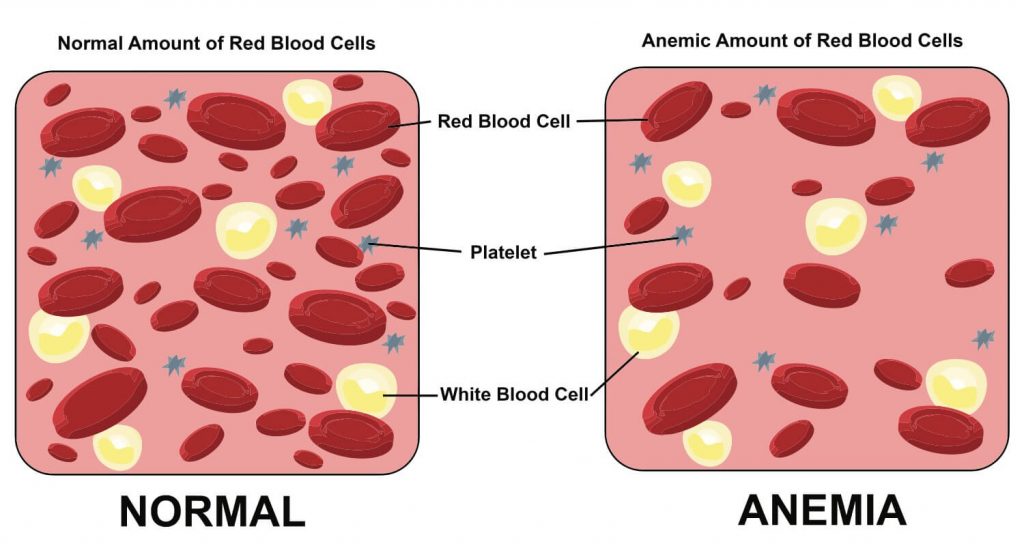
Anemia Common Symptoms
The symptoms of anemia vary according to the type, severity of anemia, and underlying health problems such as bleeding, stomach ulcers, menstrual problems, or cancer. Specific symptoms of underlying problems can often be recognized before symptoms associated with anemia. The body also has an extraordinary ability to compensate for early symptoms of anemia. If anemia is mild or develops slowly over a long time, no symptoms may be noticeable. Symptoms common to many types of anemia include:
- Easy fatigue and energy loss
- Unusually fast or irregular heartbeat, especially with exercise
- Shortness of breath
- Chest Pain
- Headache
- Dizziness
- Paleness
- Cramps in the legs
- Insomnia
Anemia Treatment
There are several methods used to treat anemia. All are aimed at increasing the number of red blood cells. Thus, the amount of oxygen carried by the blood is increased. Treatment is planned to depend on the type and cause of anemia.

